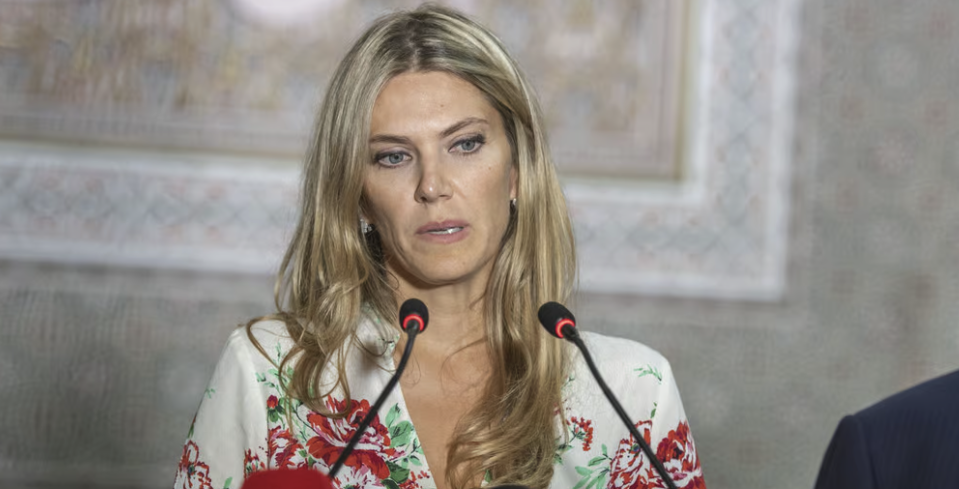A corruption scandal which hit the news over the weekend is proving deeply embarrassing for the EU. Not only does it beg the question of whether the bloc should first clean up its own backyard before punishing member states for their alleged inadequacies in tackling corruption; it also appears to reveal a dark underbelly of the political machinations underpinning the progressive Brussels consensus.
Four people were charged by Belgian prosecutors on Sunday in an investigation into alleged bribery and corruption at the European Parliament. The scandal revolves around an influence-buying campaign by a Gulf state, reportedly Qatar. Police seized around €600,000 in cash in searches on Friday.
European Parliament Vice President Eva Kaili is among those charged with corruption; Belgian prosecutors said those charged are suspected of being “paid large sums of money or offered substantial gifts to influence Parliament’s decisions.”
The allegations are bad enough by themselves, but the affair could cause lasting reputational damage to the EU because of the way that it pieces together elements of the Brussels political machinery — MEPs, lobbyists, and NGOs — in an apparent web of illegal activity. The other three people so far charged are reportedly Kaili’s partner, who founded an NGO called Fight Impunity, the current president of Fight Impunity, and an unnamed lobbyist.
Fight Impunity profiles itself as an organisation with a mission to make “accountability” a “central pillar of the architecture of international justice.” Its members have, apparently, been somewhat less concerned about the accountability of their own organisation. Another NGO implicated in the investigation is No Peace Without Justice, which was founded by Emma Bonino, a doyenne of the Italian Left and staunch advocate of European federalism. Bonino is also an honorary member of the board of Fight Impunity.
The precise nature of the alleged corruption network isn’t yet clear, but those implicated are mostly current and former members of the Socialists and Democrats European Parliament group, or of other Left-wing factions. As such, the investigation implies underhand relationships between NGOs and Left-leaning MEPs of a kind long warned about by the EU’s Right-wing rebel states.
Government figures from Hungary and Poland insist that Brussels’s harsh stance towards their conservative agendas is facilitated by a network of supposedly independent NGOs actually working for progressive Left-wing political aims. EU rule of law reports in which NGOs are involved formed a core part of the procedures to withhold funds from those countries.
Whatever the truth of such arguments, these countries may now claim proof that NGOs work hand in glove with Left-wing EU political forces to apparently nefarious ends. The EU’s embarrassment is completed by the fact that, in a matter of days, the bloc is due to decide on withholding billions of euros in funds from Hungary over corruption concerns.
The true implications of the EU’s corruption scandal will depend on the details of the relationships between the specific NGOs and MEPs involved. But it has already given ammunition to those who believe there is something fishy about the position of NGOs in EU politics, while severely undermining the Union’s attempts to project moral purity in its dealings with member states.










Join the discussion
Join like minded readers that support our journalism by becoming a paid subscriber
To join the discussion in the comments, become a paid subscriber.
Join like minded readers that support our journalism, read unlimited articles and enjoy other subscriber-only benefits.
Subscribe